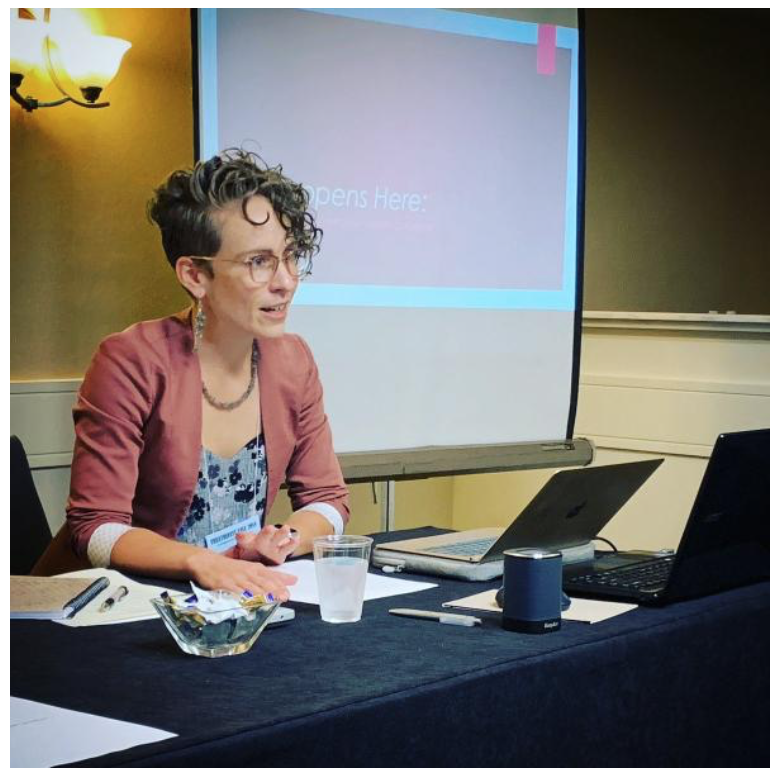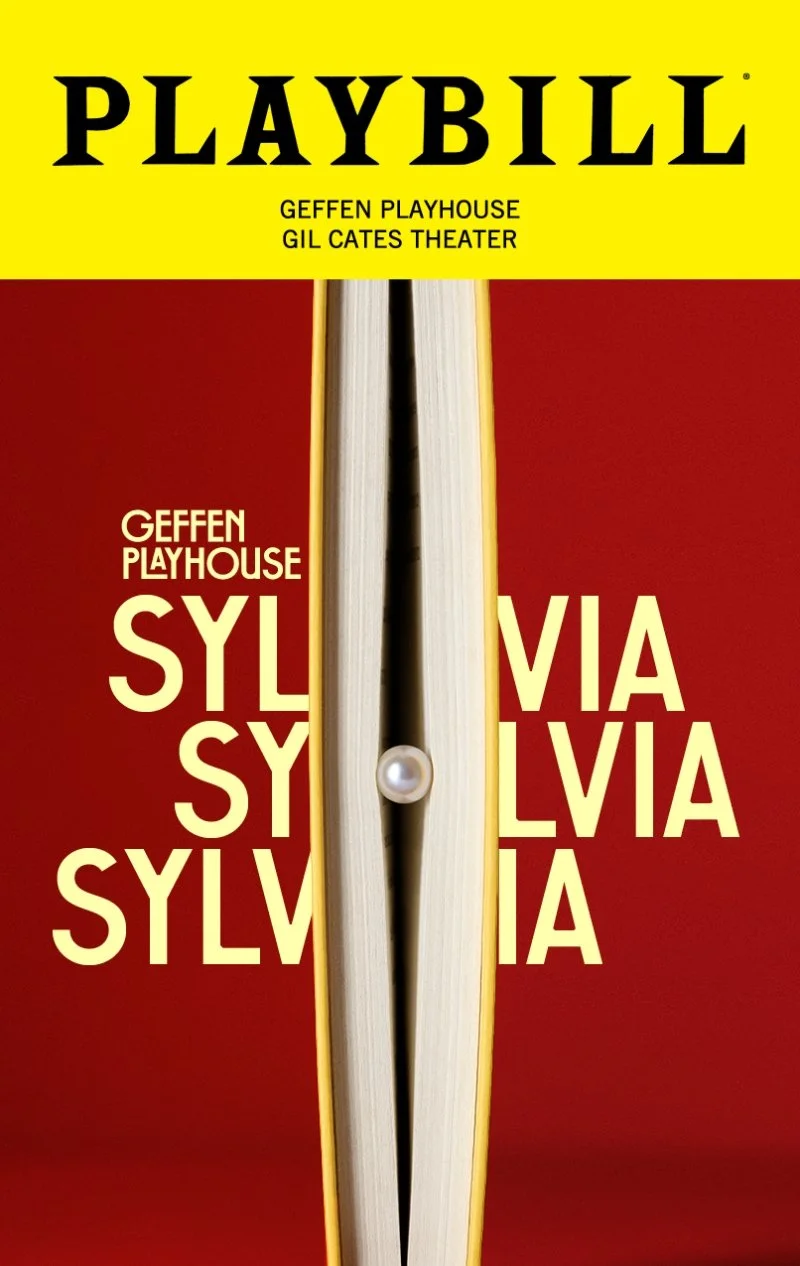Amanda Rose: Scholar & Artist
I’m fervently hypothetical.
By using artistic practice as experimentation to fuel inquiry and disccovery, my work as a performing artist drives my research.
I create, research, and write about immersive and gamified performance, queer theory, performance pedagogy, and performances of intimacy both onstage and in lived experiences.
As an immersive artist, I invite audiences to become engaged in the storytelling process. As an educator, I provide technical and theoretical foundations, unleashing young artists to change our industry and world. I teach through experimentation, play, and critical reflection. As an intimacy specialist, I provide mediation, choreography, vocabulary, and tools to fuel artistic expression.
I see both arts and education as tools to re-center agency and community activation related to ethical practices and pursuing social justice; for this reason, both my art and my scholarship often revolve around community-engaged work.
Happening Now
Intimacy Choreography: Sylvia Sylvia Sylvia
Opening February 2026; written by Beth Hyland, Direced by Jo Bonney
The Theatre Artist’s Guide to Consent-Based Pedagogy
Published 2026; written with Kim Shively, illustrated by Erika V. Bunce







